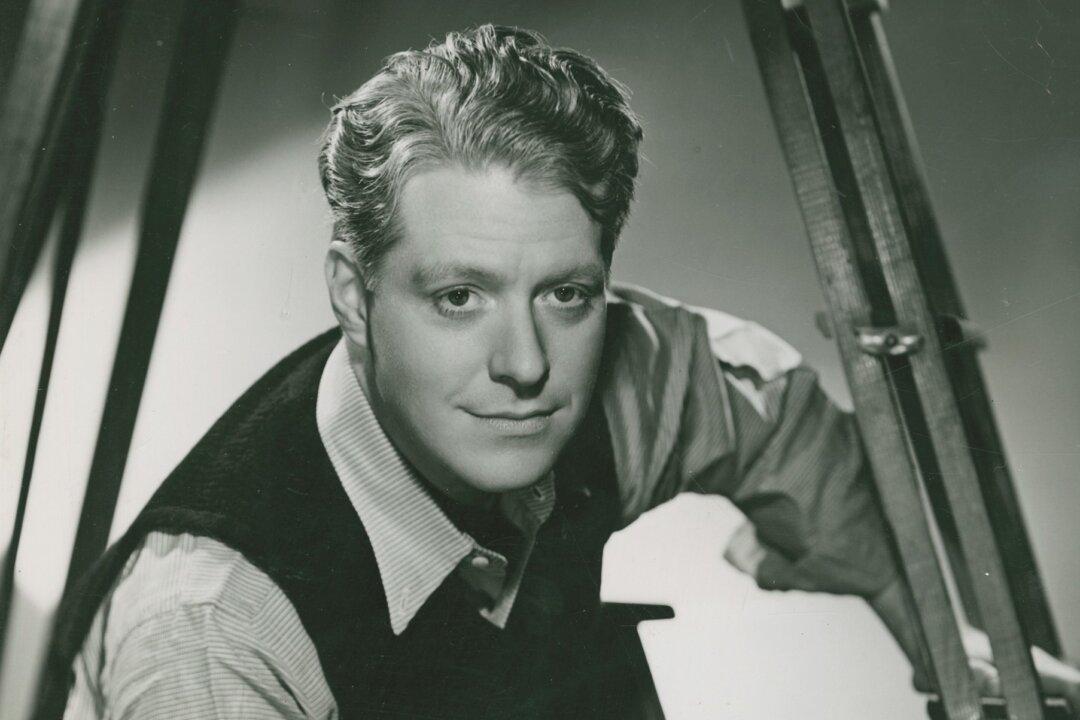Commentary
Many people want to fight injustice and rebel against tyranny, but they are afraid to do so. They want to fight for what they know is right, but they don’t know how to get started. Often, all they need is a leader to show them what to do and inspire them to join a cause.





